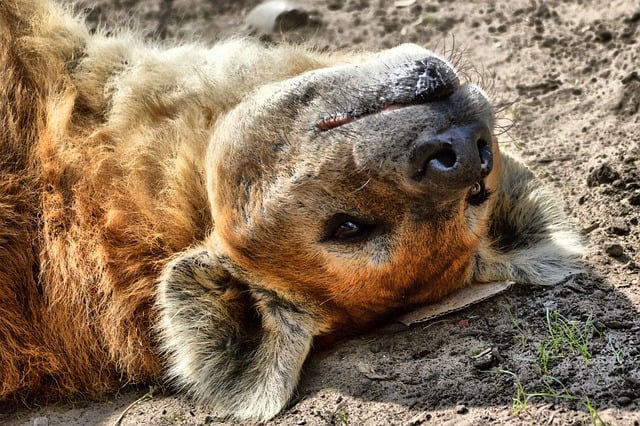russian roulette 🏈 The Perilous Allure of Russian Roulette: A Game of Chance and Consequence

The Perilous Allure of Russian Roulette: A Game of Chance and Consequencerussian roulette
In the realm of human psychology, few activities encapsulate the dichotomy of thrill and danger as vividly as Russian roulette. This macabre game, steeped in myth and marked by its deadly stakes, has captivated the imagination of individuals across different cultures and generations. The very essence of Russian roulette lies in its tantalizing juxtaposition of life and death, a stark reminder of the fragility of existence and the allure of fate.
At its core, Russian roulette is deceptively simple. The game typically involves a revolver loaded with a single bullet, with the remaining chambers left empty. Participants take turns spinning the cylinder, placing the muzzle against their temples, and pulling the trigger. The anticipation builds with each click, as the stakes rise exponentially with each round. For some, the thrill of facing mortality head-on transforms the act into a perilous dance with destiny, a manifestation of bravado and recklessness.
The origins of Russian roulette are shrouded in mystery, though many attribute its inception to the Russian military in the 19th century. Accounts suggest that it was used as a form of initiation among soldiers, a test of courage that blurred the lines between valor and folly. Over time, the game transcended its military roots, permeating popular culture and becoming an emblem of risk-taking behavior. Literature, film, and music have all drawn inspiration from this deadly pastime, embedding it into the collective consciousness.
Psychologists have long been fascinated by the motivations that drive individuals to engage in such high-risk behavior. The thrill-seekers, often characterized by a penchant for adrenaline, are drawn to the unpredictable nature of Russian roulette. The very act of placing one’s life in jeopardy can evoke feelings of invincibility, as if defying the odds bestows a sense of power over fate itself. This psychological phenomenon, known as sensation seeking, is often seen in conjunction with other dangerous activities, such as extreme sports or substance abuse.
However, the allure of Russian roulette extends beyond mere thrill-seeking. For some, the game serves as a coping mechanism, a way to confront underlying despair or existential dread. The act of playing may provide a fleeting escape from the burdens of daily life, allowing participants to embrace a moment of raw intensity. Yet, this temporary reprieve comes at a steep price, as the consequences of such recklessness can be catastrophic.
The cultural fascination with Russian roulette has given rise to a troubling trend, particularly among young people. Social media platforms have amplified the visibility of this deadly game, with videos and challenges encouraging individuals to participate in dangerous acts for views or likes. This alarming phenomenon raises serious questions about the responsibilities of content creators and the potential impact on impressionable audiences. The fine line between entertainment and endangerment has never been more precarious.russian roulette

In recent years, mental health professionals have issued warnings about the normalization of risky behaviors, urging society to address the underlying issues that lead individuals to seek out such dangerous thrills. The rise of mental health awareness has opened avenues for dialogue about the pressures faced by young people in an increasingly anxious world. It is imperative to foster healthy coping mechanisms and provide support systems that promote resilience and self-worth, steering individuals away from the seductive pull of games like Russian roulette.
Despite the grim realities associated with Russian roulette, the game endures as a captivating symbol of human curiosity and defiance. It serves as a reminder of the thin veneer that separates life from death, encouraging reflection on the choices we make and the risks we take. The narratives surrounding Russian roulette often evoke a duality of fear and fascination, compelling us to confront our mortality while also celebrating the tenacity of the human spirit.russian roulette

In conclusion, the phenomenon of Russian roulette encapsulates a complex interplay of thrill, danger, and psychological intrigue. It poses fundamental questions about the nature of risk, the allure of fate, and the human condition itself. As society grapples with the implications of this perilous game, it is crucial to foster a culture that prioritizes safety and well-being while also honoring the inherent curiosity that drives us to explore the unknown. Ultimately, the legacy of Russian roulette may lie not only in its deadly stakes but also in the profound lessons it imparts about life, choice, and consequence.
Fale conosco. Envie dúvidas, críticas ou sugestões para a nossa equipe através dos contatos abaixo:
Telefone: 0086-10-8805-0795
Email: portuguese@9099.com


